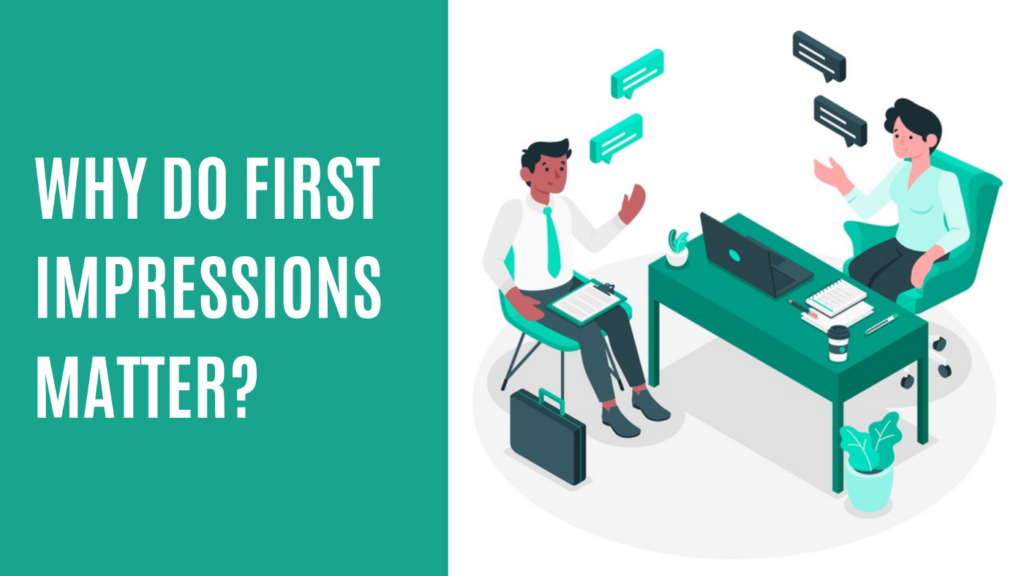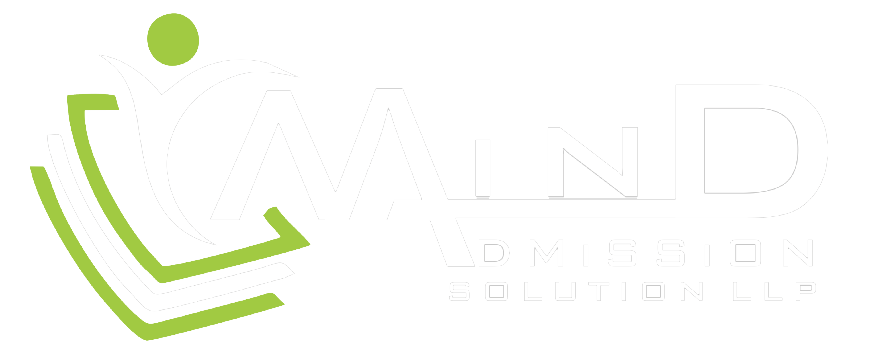Love at first sight! It’s not as cliché as it is made out to be. According to many researchers, first impressions are very important. They set the tone for the entire conversation. At least for that conversation. Many times, you won’t get a chance to change your perception of yourself.
Actions Speak Louder than Words. Many people form their opinion of someone new in the first few minutes. As per many studies, some people start making their first impressions in the first 7 seconds! So, you are on a very short leash, literally!
First Impressions Last
Though, not always, but many times they do. It is very hard to change the set habits and perceptions. A very concerted effort is needed to change them.
So, play to your strengths. Never put forward your weak foot. Identify the connection between your strengths and what is needed of you. Use that as an icebreaker. As a conversation opener. Start by telling the audience what you can give them. Hook ‘em up!
Use the compliments received as the traits that others have noticed in you. Because, if someone was impressed enough to give it to you, it was genuine and will work again. Make them relatable and measurable for your audience to be able to understand.
Body Language Speaks
Generally, there are accepted gestures, postures, and facial expressions that are acceptable or not in a setting. These may vary depending on the culture, environment, and context.
Crossed arms seem to be distrustful or confrontational. Not open to ideas. Straight posture and relaxed shoulders indicate you are in control. Making eye contact signals honesty and respect for the listener/speaker. Nervousness is reflected if you are jiggling legs, tapping fingers, playing with pen or buttons, twirling hair, etc.
Handshakes are now passé. But a confident greeting is not dependent on that. A cheerful hello, a respectful Namaste or Aadab work as well.
And, Don’t Get Distracted
Pay attention to what others say. One of the best signs that you respect is attentive listening. Avoid all distractions. Switch off the mobile phones – before a job interview, important presentation of meetings. At least keep them on silent mode always. And in pockets.
A fiddling person distracts everyone. Don’t take your eyes off, if the speaker is looking at you. If you work from home, find a secluded place. Cut the background noise.
Go on a Digital detox, every now and then. Develop a habit of reading to increase attention span. In addition to knowledge and vocabulary. Take notes – for better recall and understanding. It shows sincerity. Ask questions, when the opportunity is given or at the end of the meeting. Better understood is better retained. Keep the folder organized and meeting spaces clutter-free. Don’t multitask, unless that is what is expected of you.
Office chit-chat is good and healthy, but not too much of it! Delegate and don’t micromanage everything. Neither be too hungry nor fill yourself too much. Have a balanced diet. Exercise, meditate and relax daily.
Office chit-chat is good and healthy, but not too much of it! Delegate and don’t micromanage everything. Neither be too hungry nor fill yourself too much. Have a balanced diet. Exercise, meditate and relax daily.
Avoid holding too many meetings per day. Executives need time to execute! Also avoid the too strict policy and rules, as people resent it. Avoid making too many but trivial decisions. Steve Jobs always wore the same turtleneck every day to his office – saved his mental energies by a great deal.
Be On-Time
Anyone who is late is considered reckless. Evasive. Unprepared. And lacking confidence. Coming late to a meeting signifies you don’t respect others. At all. Especially if it is a pattern.
Punctuality indicates you are in control. Have courtesy and respect the time of others. After the time is money. When you rush, you tend to make avoidable mistakes. Bloopers have a propensity to occur to those who hasten everything. Because they did not plan and timed well.
Don’t get yourself the tag of a sloth. Or a couch potato. Being on time is well appreciated. No matter what.






